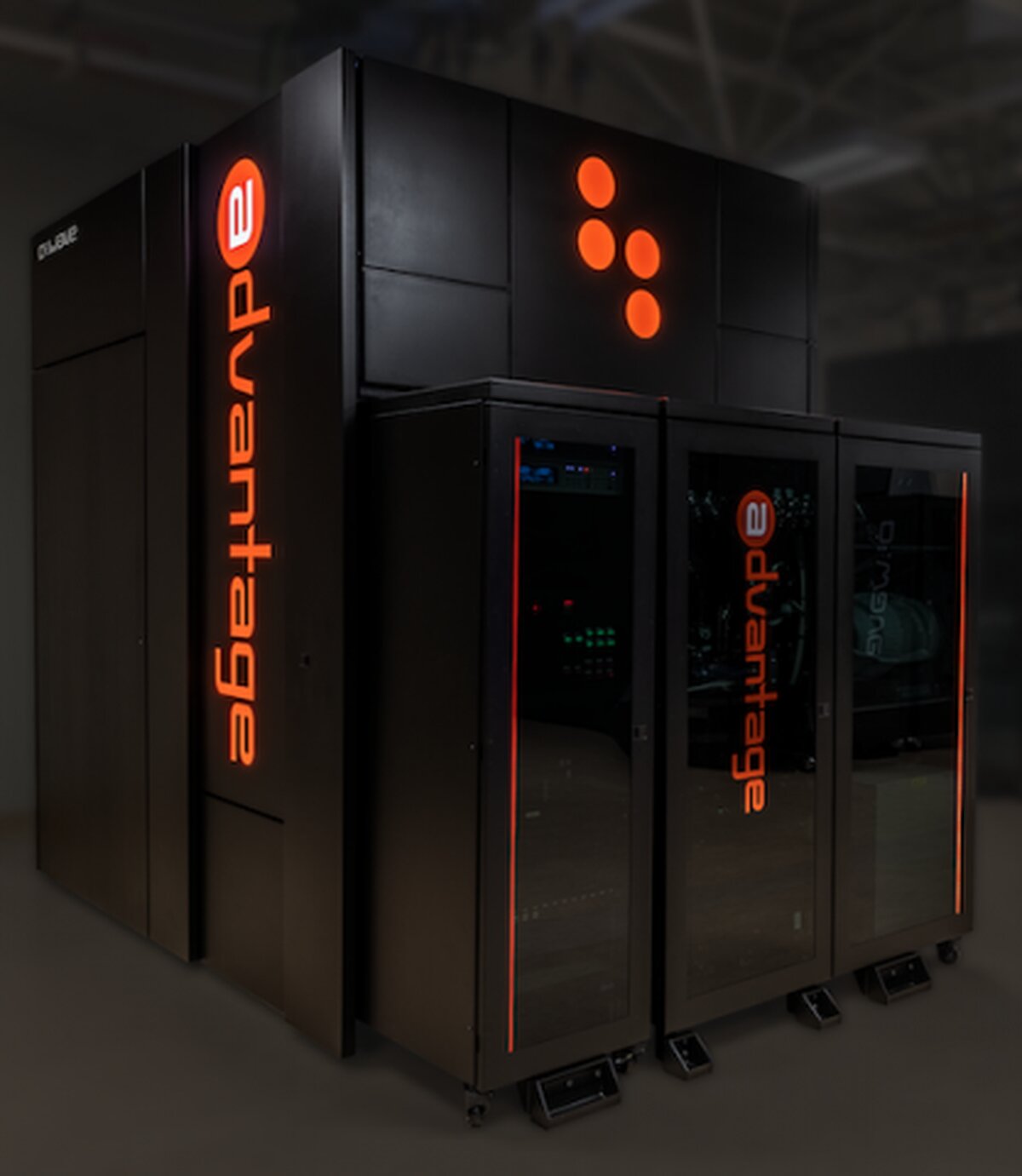D-Wave Quantum Computer: A Breakthrough in Computing Technology
D-Wave Quantum Computer: A Breakthrough in Computing Technology
Quantum computing has been one of the most exciting and rapidly advancing areas of technology in recent years, with the potential to revolutionize the way we solve complex problems. D-Wave Systems, a Canadian company, is at the forefront of this field, offering one of the world’s first commercially available quantum computers – the D-Wave quantum computer.

Quantum computing operates differently from traditional computing by using quantum bits, or qubits, to process information. Unlike classical bits, which can be either a 0 or a 1, qubits can exist in multiple states simultaneously, making quantum computers much faster and more powerful when solving certain types of problems.
D-Wave’s quantum computer, which uses a process called quantum annealing, has been designed to solve optimization problems. These problems, which involve finding the best solution from a large number of possibilities, are well-suited for quantum computing and can be solved much faster and more efficiently on a quantum computer compared to a classical computer.
One of the key advantages of the D-Wave quantum computer is its ability to solve problems that are too complex for classical computers to handle within a reasonable amount of time. This makes it ideal for industries such as finance, healthcare, and defense, where complex problems need to be solved quickly and efficiently.
Despite the excitement around quantum computing, there is still much work to be done in terms of developing the technology and making it more accessible to a wider range of users. D-Wave is at the forefront of this effort and is working to bring quantum computing to more industries and businesses, helping to drive innovation and progress.
In conclusion, the D-Wave quantum computer represents a significant step forward in computing technology and has the potential to revolutionize the way we solve complex problems. With its ability to solve problems that are beyond the reach of classical computers, it’s poised to play a major role in shaping the future of technology.
